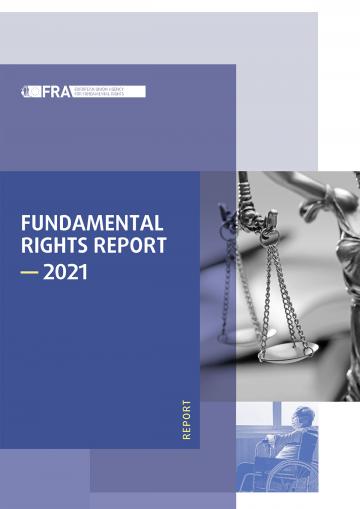Jezik
English

As in previous years, throughout 2020, rescue boats in the central Mediterranean remained at sea for a long time while awaiting authorisation to enter a safe port.
In 22 instances, vessels had to remain at sea for more than a day (in some cases to carry out multiple rescue operations) before the national authorities allowed them to dock. These instances involved a total of 3,597 rescued migrants and refugees, including at least 954 children. In seven cases, they had to wait for a week or more.
A list of all vessels kept at sea for more than 24 hours while waiting for a safe port in 2020 can be found in the file below: